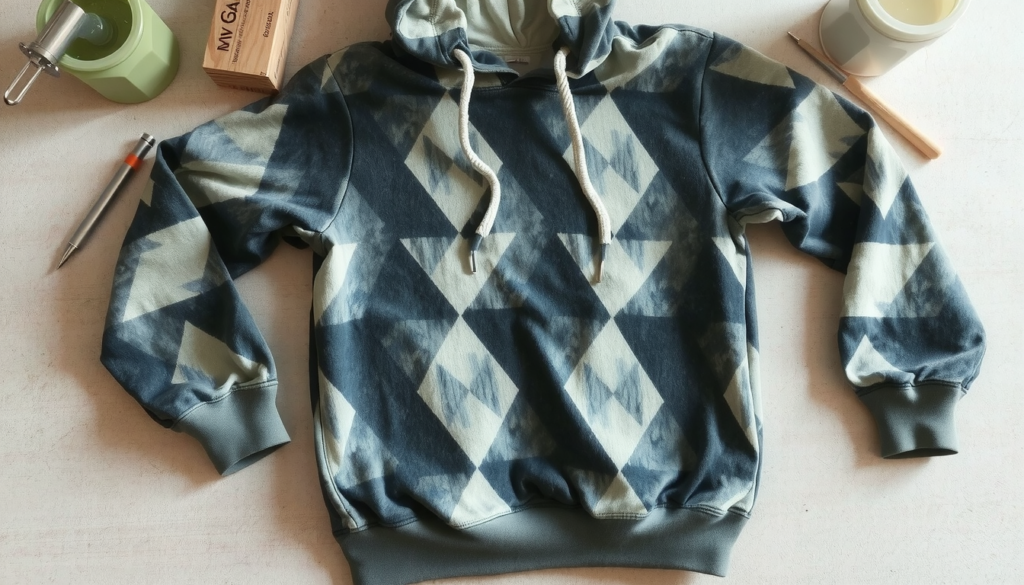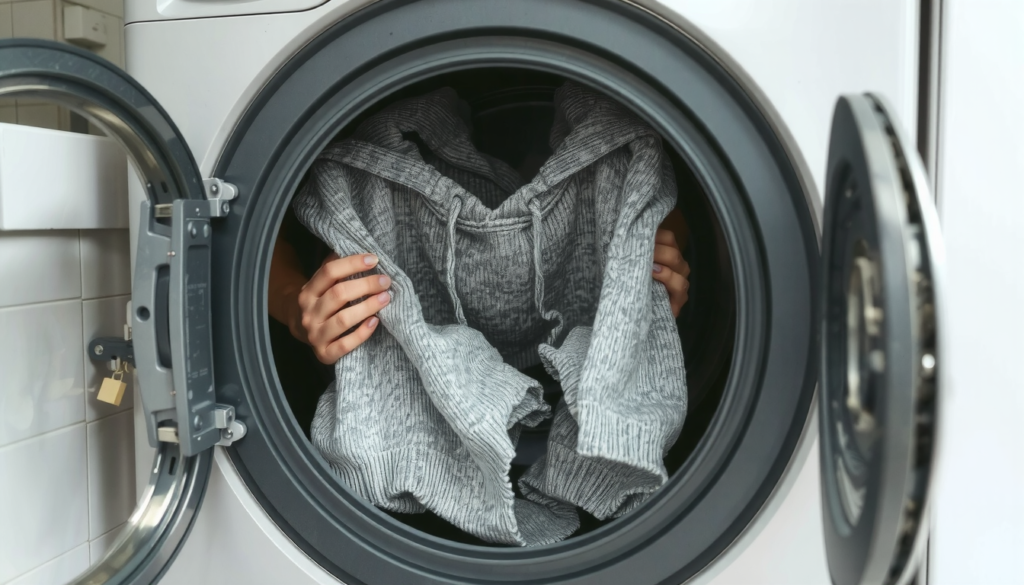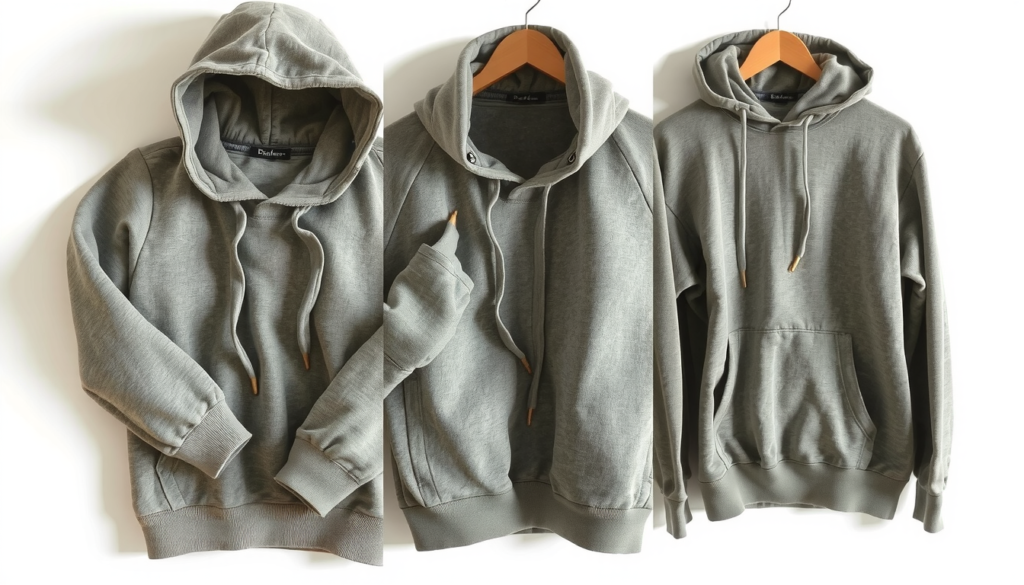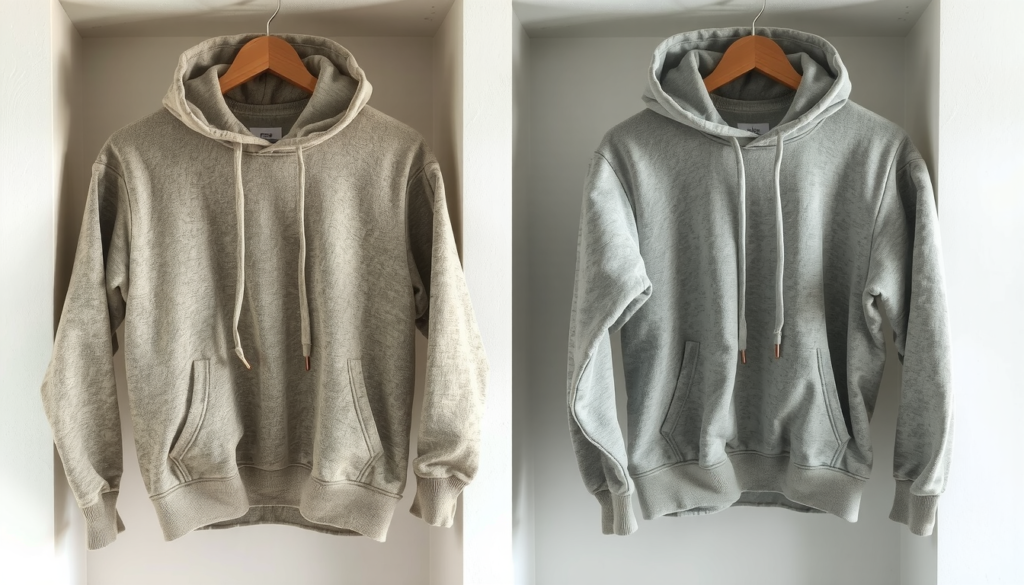Clothing items taken for individual use coming to the UK are mostly exempt from declaring at customs. This applies if the items that you take with you are for your personal use, but this simple answer can be the contrary. The specific rules you must follow will depend on how much the clothes you bring are worth, their count, and the reason for bringing them to the UK.

The purpose of this guide is to clear any misunderstanding. We will talk about every scenario, like personal vacations and moving to the UK for studies or work. We will also talk about beginning your clothing business. You should make yourself familiar with the rules to ensure that you do not face delays or additional charges when crossing borders.
The Quick Answer: When You Must Declare Clothes
To obtain a brief answer on whether you should declare your items or not, here is a checklist. Under certain scenarios, you have to declare clothes and other items.
You must make a declaration to customs if:
* You bring clothes into the UK for selling them; this is called commercial use.
* The total value of new clothes and other goods you bought abroad exceeds your personal allowance.
* You are carrying clothes made of endangered species, for example, certain types of fur or animal skin.
* Someone pays you to bring the clothes to the UK for them.
* You are a business importing clothing items as samples or stock.
If any of these conditions apply, you will need to go to the red channel. Making an online declaration is also available.
Personal Use vs. Commercial Use
The main thing you have to know is the difference between personal and commercial use. UK customs authorities base whether you owe tax or duty on this. Knowing how to categorize your clothes is essential.
What Qualifies as ‘Personal Use’?
Personal use includes clothes for your own wear during your trip. It also includes clothes you already own that are part of your luggage. Gifts for your family or friends are also classified as personal use.
These are your personal belongings and you will take them with you when you leave. Your everyday wardrobe in your suitcase is a perfect example. You do not need to worry about declaring these items.
What is Considered ‘Commercial Use’?
Commercial use means that any item you intend to sell is included. It also means that you will use clothes in a business. This could be stock for a shop or samples for a meeting.

For example, bringing 50 identical t-shirts in various sizes would be commercial use. If clothes still have price tags and you plan to resell them, they are commercial goods. You must always declare items for commercial use.
A Scenario-Based Guide to UK Customs
Your reason for travel changes how the rules apply to you. Here are the common scenarios. This will aid you in knowing whether you need to declare clothes at customs UK.
I’m a Tourist or Visitor
If you are a tourist, your own used clothes in your luggage are personal effects. You do not need to declare them.
However, if you buy new clothes or other items during your trip, you must know your personal allowance. If the total value of these new items does not exceed your allowance, you do not need to make a declaration. Any items valued over the given allowance will need to be declared, and all the tax and duty owed should then be paid.
I’m Moving to the UK (Student or Expat)
When you are moving to the UK, you can bring your whole wardrobe without paying tax at all. This is possible through a relief program called ‘Transfer of Residence’ (ToR).
To be eligible for ToR, you must have owned and used the clothes for at least six months outside the UK. The application for ToR relief must be made online before you or your belongings arrive in the UK. After you are approved, you will receive a code. This allows your personal effects, including all your clothes, to enter the country without any charges.
I’m a UK Resident Returning from Holiday
When going back to the UK, the clothes you took with you are not to be declared. They are your personal property that you are just bringing back home.
However, the rule is quite different for new clothes you have bought while away. These new items are subject to your personal allowance. If you spend more than your allowance on new clothes and other goods, you will have to declare them when you arrive.

I’m Sending Clothes by Post or Courier
If you are mailing clothes to the UK, a customs declaration form is always required. Typically, it is a CN22 or CN23 form, which should be attached to the parcel.
The commonest mistake is thinking that marking an item as a ‘gift’ means no charges are due. This is not always the case. The value is the main concern. If the declared value of a gift is over £39, the person receiving it in the UK will likely have to pay VAT. They may also have to pay a handling fee to the courier. This is one of the key points when deciding if you have to declare clothes at customs UK for postal shipments.
Understand Your Personal Allowances
Your personal allowance is the value of new goods you can bring into the UK without paying tax or duty. This includes new clothes that you have purchased. The amount varies depending on where you are traveling from.
Knowing these limits is crucial. If you go over your allowance, you will be taxed and pay customs duty on the entire value of the goods, not just the amount that exceeds the threshold.
| Arriving In Great Britain (England, Scotland, Wales) From… | Allowance Amount | Key Notes |
|---|---|---|
| A Non-EU Country | £390 | This is the total allowance you will get for all new goods combined, not just clothes. |
| An EU Country | No limit | You can bring in any amount of goods from the EU, as long as they are for your own use. |
| Private plane or boat | £270 | The allowance is lower if you arrive by private transport. |
These numbers are for Great Britain. Different rules may apply when arriving in Northern Ireland. Always consult the official GOV.UK website for the latest figures before traveling.
How to Declare Clothes and Value Them
If you need to declare clothes, the procedure is straightforward. The most widespread confusion is how to value your items correctly. This is especially the case with used ones.
Step 1: Making an Online Declaration
The easiest way to declare your goods is to do it online. You can use the official GOV.UK service to make a declaration and pay any tax or duty up to 5 days before your arrival. This can save you time at the airport.

Step 2: Declaring at the Border
When you arrive at any UK port or airport, you will encounter signs for different customs channels.
- Green Channel: Use this channel if you have nothing to declare. This means that all your goods are within your personal allowances.
- Red Channel: Use this channel if you have goods to declare. This includes items over your allowance or those for commercial use.
When in doubt, it is always better to go to the red channel and talk to a Border Force officer.
How to Value Your Clothes for a Declaration
For the declaration process, it is crucial to value your items correctly.
For new clothes, the process is straightforward. Just use the price that you paid for them. It is always a good idea to keep the receipts as proof of value.
For used clothes you might be shipping as part of moving, don’t use the original price you paid. The right way is to use a “reasonable second-hand market value.” Think about how much you could sell your items for today. For example, a box of old t-shirts might be worth £10, not their original price of £150. Be honest and realistic. Customs is looking for a fair value, not detailed accounting.
Bringing Clothes to the UK for Your Business
The rules for bringing clothes into the UK for commercial purposes are very different. Business goods do not have personal allowances. You have to declare all items. You will also be liable for VAT and any Customs Duty that might apply.
Starting a clothing brand requires you to acquire this knowledge from day one. As your business grows, you will need reliable partners. At Clothing Manufacturer Ltd, we aid brands in dealing with the complexities of production and logistics.
The process involves using correct commodity codes to classify the clothing and adhering to formal import procedures. Whether you’re looking at the top 15 garment manufacturers worldwide or checking specific regions like the top 15 clothing manufacturers in China, it is vital to know the landed cost. This includes UK import duties which are crucial for your business plan.
FAQ: Your Questions on Declaring Clothes
Here are answers to some of the most common questions about bringing clothes into the UK.
1. Do I have to declare clothes I’m wearing?
No. The personal clothing and effects you are wearing or carrying in your luggage for your trip are not subject to declaration. This is true as long as they are for your personal use and you are taking them with you when you leave the UK.
2. What happens if I don’t declare clothes when I should?
If you are found with goods over your allowance that you have not declared, you are breaking the law. Border Force officers can seize all of your goods, not just the ones that are over the limit. Failure to declare can lead to penalties and fines. If you have any doubts, it is far better to declare.
3. Do I need receipts for new clothes I bought on holiday?
It is highly recommended. If you need to declare items because you are over your allowance, receipts are your proof of the value that you paid. Without them, customs officers will decide how much your goods are worth, which may be higher than what you paid.
4. I’m sending a box of my old clothes to my friend in the UK. Do they have to pay tax?
This depends on the value you declare on the customs form. If you mark the parcel as a gift and declare the total value as being under the £39 gift allowance, there should be no tax or duty. For higher values, the receiver will probably have to pay VAT and may also have to pay a handling fee to the courier.
5. Are there any types of clothing that are banned?
Yes. Although ordinary clothes such as cotton shirts or denim jeans are okay, some items are restricted or banned. This includes clothing made from the fur or skin of endangered species. It is also illegal to bring in counterfeit or pirated goods, like fake designer clothes. These items will be seized.










